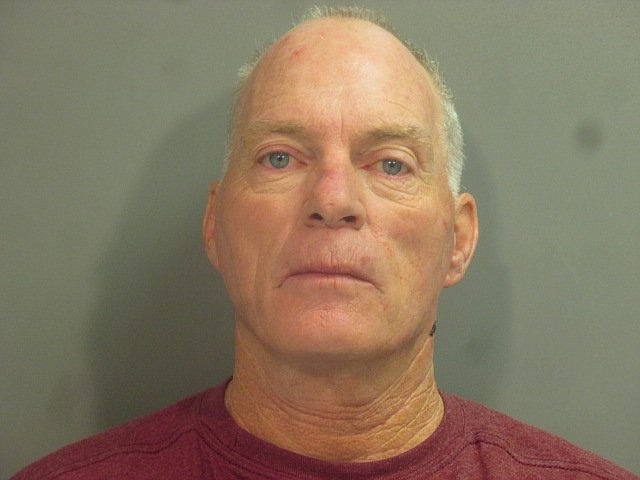WASHINGTON -- Three attorneys for Richard "Bigo" Barnett of Gravette have filed motions to withdraw from his case since Barnett was found guilty in January of eight charges in connection with the U.S. Capitol riot.
But U.S. District Judge Christopher R. Cooper isn't rubber-stamping those requests.
Cooper filed an order Monday in federal court in the District of Columbia setting a hearing on the motions for next Monday.
Joseph McBride of New York City; Brad Geyer of Cinnaminson, N.J.; and Carolyn Stewart of Plant City, Fla., have filed motions to withdraw from Barnett's legal team. McBride is Barnett's lead attorney.
Those withdrawals, if granted, would leave Jonathan Gross of Baltimore as the lone remaining member of Barnett's legal team to handle his post-trial, presentencing matters, including requests for an acquittal or new trial, and any possible appeal.
After a two-week trial in January, Barnett was found guilty on all eight counts in connection with the Jan. 6, 2021, riot. He faced enhanced charges for carrying a stun gun into the Capitol that day. Barnett famously posed for photos with his foot on a desk in House Speaker Nancy Pelosi's office suite.
Barnett's sentencing is scheduled for May 3. He faces a maximum of 47 years in prison.
McBride and Gross are already in hot water with another D.C. federal judge.
On Thursday, U.S. District Judge Trevor McFadden filed an order in the case of Christopher Quaglin, a Jan. 6 defendant from New Jersey accused of attacking police officers with a stolen riot shield.
McFadden wrote that Quaglin's attorneys -- McBride and Gross -- have repeatedly caused delays in the case while their client sat in jail.
On March 6, McBride filed a motion to withdraw from Quaglin's case so he could concentrate on the case of another Jan. 6 defendant, Ryan Taylor Nichols of Longview, Texas.
McBride wrote that Gross could handle Quaglin's case, which was scheduled for trial to start on April 10.
On March 14, Gross notified the court that he would seek a continuance of Quaglin's trial.
In a brief filed March 16, Gross wrote that he is "a constitutional rights attorney who has never in his life practiced criminal law." He entered the Quaglin case on Sept. 22 as a contract attorney hired by McBride to advise on another of Quaglin's legal matters and "was never intended to be Mr. Quaglin's lead attorney for his criminal case," McFadden wrote in Thursday's order.
A status conference was held March 21, and McFadden vacated Quaglin's April 10 trial schedule.
"Gross ... explained that he does not practice criminal law and that he is not competent to be Mr. Quaglin's lead attorney at the trial scheduled to begin in a few weeks," wrote McFadden. "Gross also stated that he strictly observes the holiday of Passover and would be unavailable for the first four days of the trial if it proceeds as scheduled."
Quaglin's trial was originally set for Oct. 3. McBride initially sought a continuance in August, saying he would be undergoing medical treatments for two or three months.
"Quaglin's attorneys have now delayed this trial multiple times to the detriment of their client, who remains detained, and to the inconvenience of his co-defendants and the Government who seek a speedy resolution to this matter," wrote McFadden. "Indeed, the Court has doubts that McBride's initial continuance request was made in good faith."
McFadden ordered McBride and Gross to show cause as to why they shouldn't be referred to the court's Committee on Grievances for violation of professional conduct rules concerning competence, diligence and "candor to the tribunal." They have until April 10 to respond and must appear in McFadden's court for an in-person hearing on the matter April 18.

